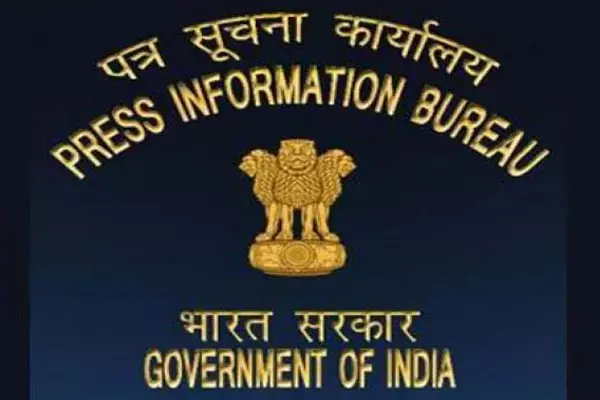The Ministry of Electronics and Information Technology (MeitY) recently took a significant step by notifying the Press Information Bureau’s (PIB) fact-check unit as the official fact-checking entity for the central government under the IT Rules of 2021. This move marks a crucial development in the government’s efforts to address misinformation and ensure the dissemination of accurate information to the public.
According to the official notification issued by MeitY, the PIB unit has been designated as the fact-check unit of the Central Government. This decision underscores the government’s commitment to combatting the spread of misinformation and fake news, particularly in the digital sphere where such content can proliferate rapidly.
The establishment of a dedicated fact-checking unit by MeitY within the PIB highlights the recognition of the growing challenges posed by misinformation in today’s digital age. With the widespread use of social media and online platforms, false information can easily circulate and impact public perception, leading to confusion and mistrust.
The fact-check unit’s role is crucial in verifying the accuracy of information disseminated by government agencies and addressing any false or misleading claims promptly. By leveraging their expertise and resources, the unit aims to identify and debunk misinformation, thereby promoting transparency and accountability in government communication.
This initiative aligns with the broader objectives of the IT Rules of 2021, which seek to regulate digital content and promote responsible online behavior. The rules emphasize the importance of fact-checking and mandate digital platforms to take measures to curb the spread of misinformation on their platforms.
In a statement earlier this year, Minister of State for Electronics and IT, Rajeev Chandrasekhar, emphasized that the fact-check unit is not a form of censorship but rather a tool to assist platforms in dealing with disputed government information. He clarified that when the fact-check unit verifies information, platforms are required to label it accordingly, ensuring transparency without infringing on freedom of expression.
However, the designation of the PIB fact-check unit has not been without controversy. The Editors’ Guild of India raised concerns about the implications of the IT Rules on press freedom, alleging that the amendments could stifle independent journalism and infringe on editorial autonomy. The Guild filed a challenge against the amendments, arguing that they could have adverse effects on media freedom in the country.
In response to these concerns, Chandrasekhar reiterated that the government’s intention is not to censor or control the media but rather to hold digital platforms accountable for addressing consumer grievances. He emphasized the need for an independent regulatory mechanism to resolve disputes between consumers and platforms, ensuring a fair and transparent process.
The government’s decision to designate the PIB fact-check unit reflects a broader trend towards greater scrutiny of online content and efforts to combat misinformation. With the proliferation of fake news and misinformation campaigns, there is a growing recognition of the need for robust fact-checking mechanisms to maintain public trust and confidence in information disseminated by government agencies.
Moving forward, the effectiveness of the PIB fact-check unit will depend on its ability to operate impartially and transparently, adhering to established standards of accuracy and accountability. By collaborating with digital platforms and media organizations, the unit can play a crucial role in promoting information integrity and combating the spread of misinformation in the digital space.
The designation of the PIB fact-check unit as the central government’s official fact-checking entity represents a significant step towards addressing the challenges posed by misinformation in the digital age. By leveraging its expertise and resources, the unit can contribute to fostering a more informed and responsible online environment, ultimately strengthening public trust in government communication.














